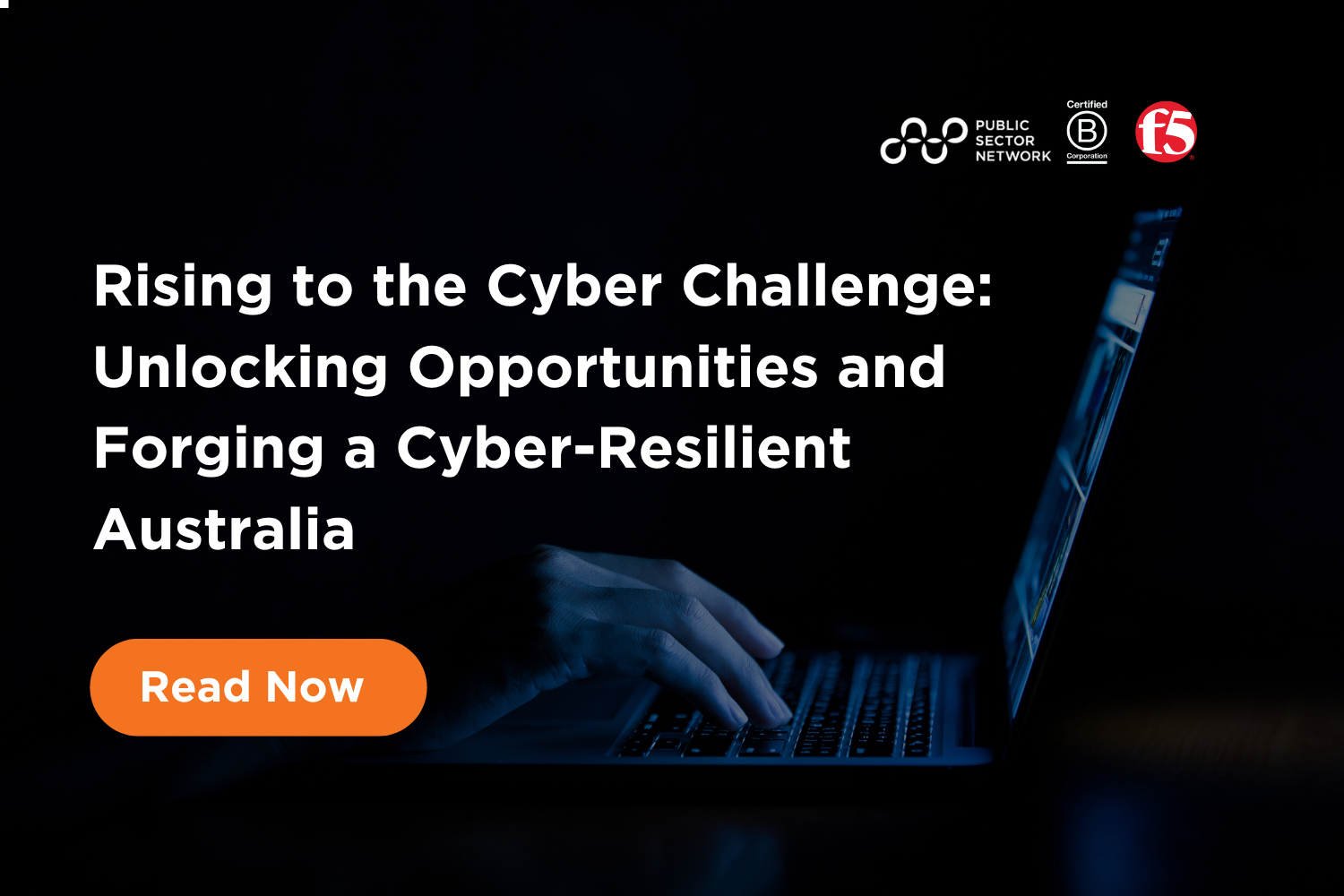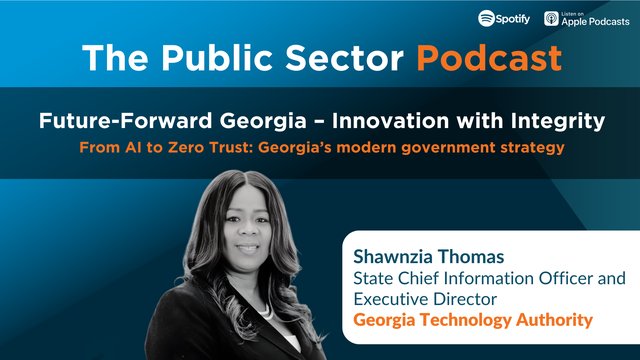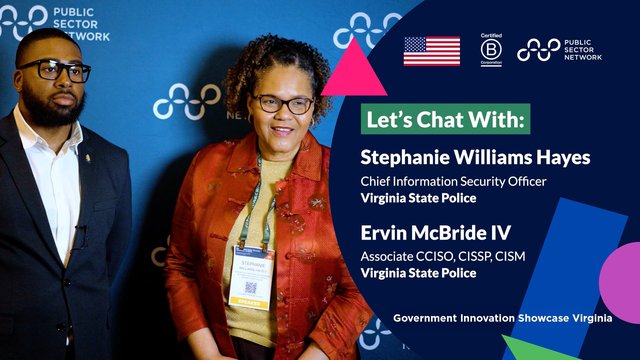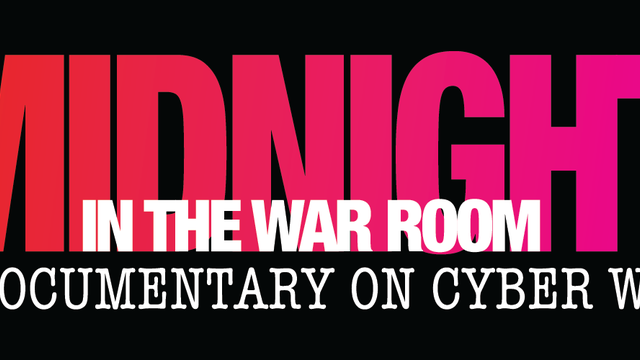

In anticipation of the upcoming online webinar - Rising to the Cyber Challenge: Unlocking Opportunities and Forging a Cyber-Resilient Australia, we had the opportunity to speak with the Chief Information Officer, Dominique Barker from Australian Institue of Family Studies. Our conversation centered on emerging requirements that will shape the future of cybersecurity by 2030. Read on for her valuable perspectives.
What are the significant challenges Australia faces in achieving its objective of becoming the most cyber resilient country by 2030, considering the cyber skills shortage, expanding tech stacks, and increased attack surfaces?
Australia is devoting a number of resources to attracting school leavers to higher education cyber security pathways, which is wonderful to see - however, the biggest challenge we have right now is training our workforces that we have on the ground to be cyber literate. Most attacks still come from compromised email that allows lateral movement through an organisation's ecosystem. The challenge is training all staff on what to look for, warning signs, and how to remain vigilant. This is very difficult when we think about the variables at play: evolving technical capability that exists within an organisation at any time, the rapid transition to support hybrid workforces, the sudden (and somewhat ubiquitous) explosion of AI and its role in increasing the risk of data spills and much more - the list goes on! Join us to find out how we can combat these in a changing landscape.
How can organisations ensure that their security needs are adequately met when decentralising into virtual environments, and what are the key considerations in this process?
Each organisation needs to have a rigorous set of software and infrastructure-agnostic security criteria developed as part of a security risk assessment (SRA), when they are considering de-centralisation or onboarding of new software within their supply chain. These criteria should not be static and should be reviewed every 3-6 months or more regularly as new technology becomes available, and security frameworks are updated. As part of this process, consider what your appetite for risk vs innovation looks like in the context of your organisational goals. Join us at the event to find out more about what you should consider! At a macro level, look at the companies you are engaging with - what commitments have they made publicly to cyber security? Consider their corporate reputation and track record in providing secure environments. How specific are they in addressing the criteria outlined in your SRA?
In the context of unprecedented speed of digitisation in agile methodologies and DevOps, what are the major issues that need to be navigated to maintain cybersecurity, and what approaches can be employed to address these challenges effectively?
The key approach we need from a leadership perspective is that everything that we do must start from a security lens. If it remains an afterthought, it will not have the traction or the buy-in we need to be successful. Having a security lens as a starting point also helps us to keep these considerations front of mind for staff and create good habits for assessing changes or new innovation when things are moving at pace. Templated security principles should be embedded as standard parts of your Agile methodology and can be bought to the fore within your delivery tools.
Don't miss this opportunity to join Dominique, along with Chris Guest, Forensicare's Head of IT, and David Arthur, F5 Networks' Security Solutions Architect at the Rising to the Cyber Challenge: Unlocking Opportunities and Forging a Cyber-Resilient Australia online webinar on 15th June. Together, they will engage in an intriguing conversation about attaining cyber resilience - reserve your spot here.































